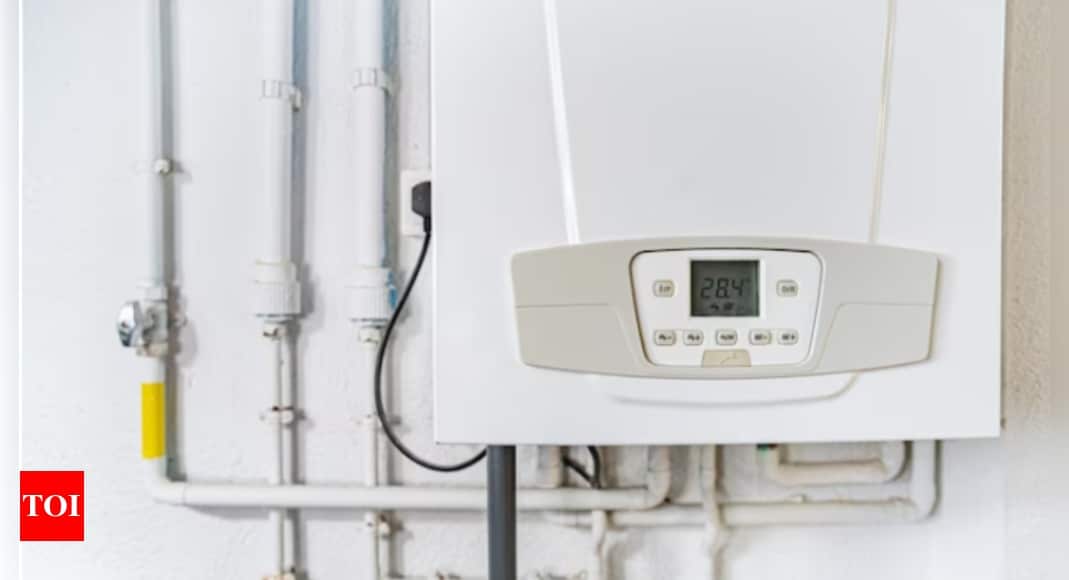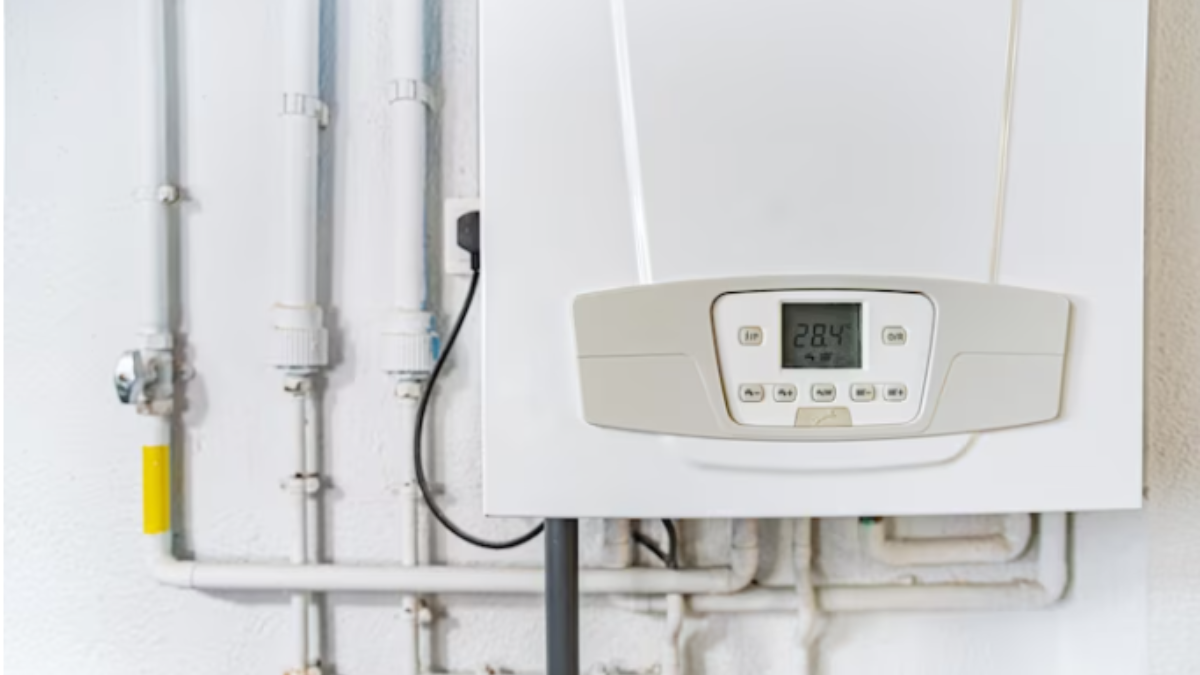Check the power supply
Start with the basics. Ensure that the geyser is receiving power. Check if the circuit breaker or fuse related to the geyser is functioning correctly.Sometimes, a tripped breaker or blown fuse can be the root cause of the problem.
Inspect the thermostat settings
Incorrect thermostat settings can lead to inadequate heating or no heating at all. Verify that the thermostat is set to the desired temperature. If it’s an adjustable thermostat, try increasing the temperature slightly and see if it makes a difference.
Sediment buildup in the tank
Over time, sediment can accumulate at the bottom of the geyser tank, affecting its efficiency. Drain the tank to flush out sediment and debris. Follow the manufacturer’s instructions for proper flushing to avoid any damage to the geyser.
Insulate exposed pipes
In colder climates, uninsulated pipes can lead to heat loss, resulting in lukewarm water. Insulate the pipes connected to the geyser to retain heat and ensure a consistent supply of hot water.
Check for leaks
If you notice any leaks around the geyser, they need immediate attention. Leaks can not only lead to water wastage but also impact the geyser’s performance. Inspect all connections and valves, tightening or replacing them as necessary.
Airlock issues
Airlocks can hinder the flow of water through the geyser. Release any trapped air by opening the hot water tap slowly until a steady stream flows, resolving potential airlock problems.
By addressing these common issues, you may be able to restore your geyser’s functionality without the need for professional assistance. However, if the problem persists or if you are uncomfortable with DIY fixes, don’t hesitate to contact the service center for expert help.




![[CITYPNG.COM]White Google Play PlayStore Logo – 1500×1500](https://startupnews.fyi/wp-content/uploads/2025/08/CITYPNG.COMWhite-Google-Play-PlayStore-Logo-1500x1500-1-630x630.png)